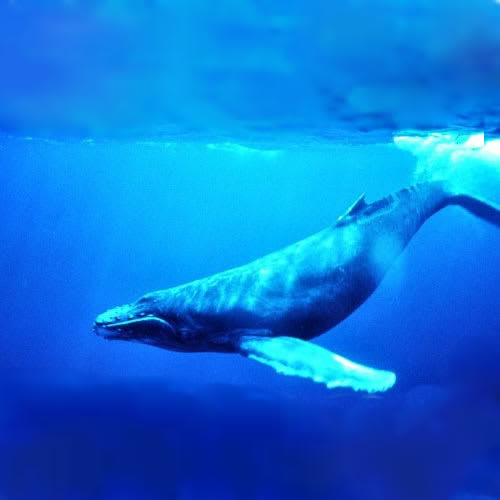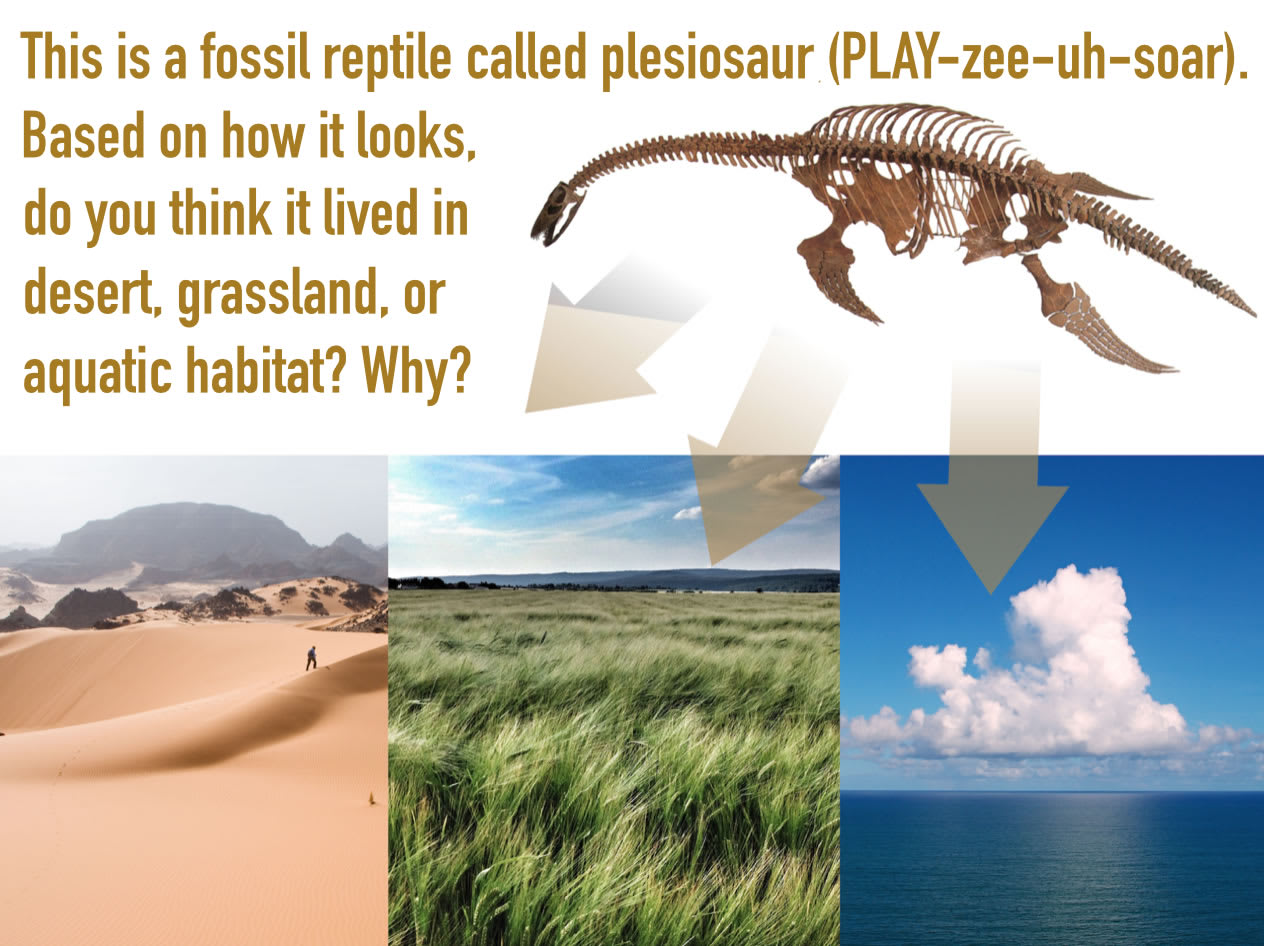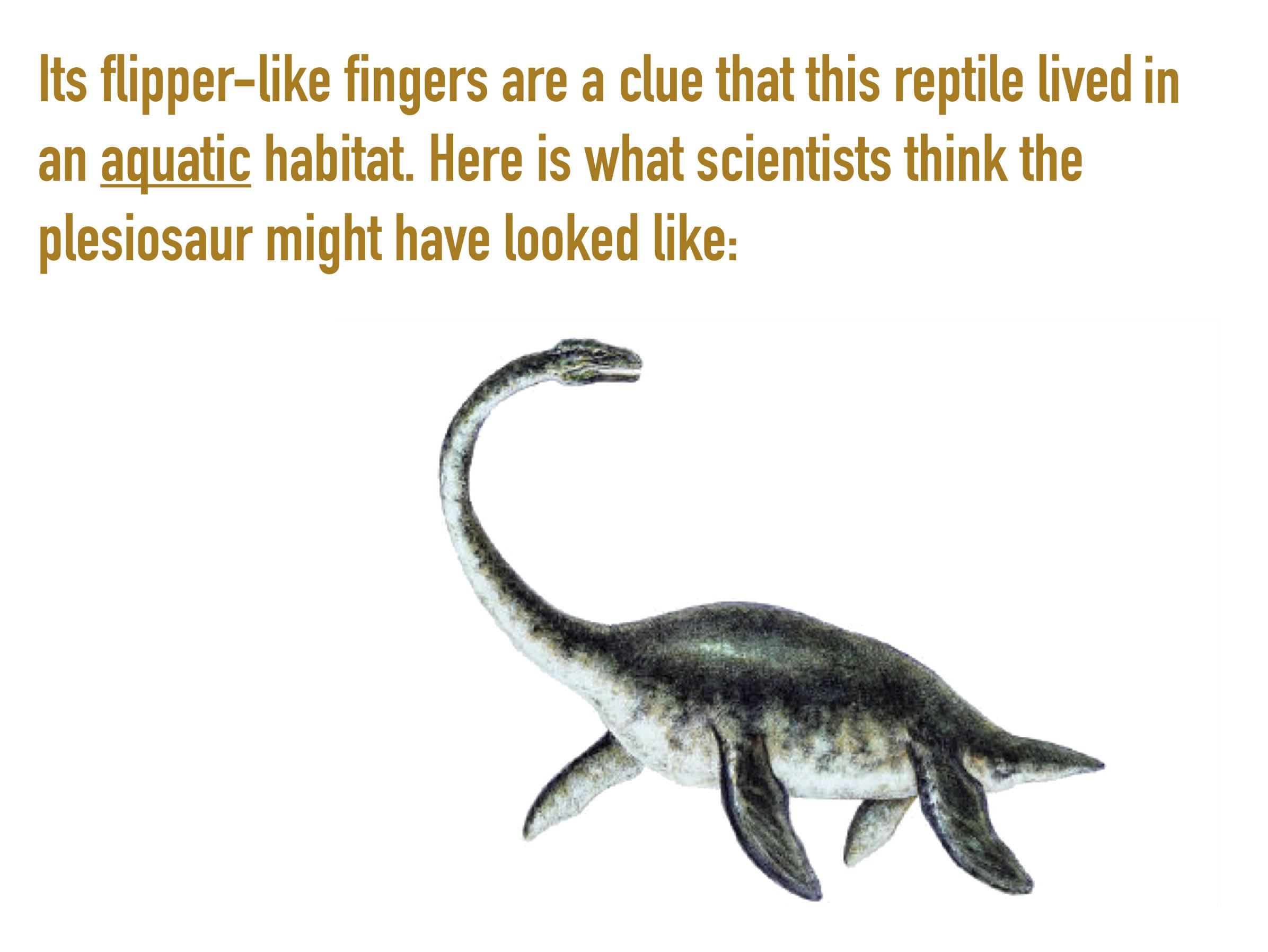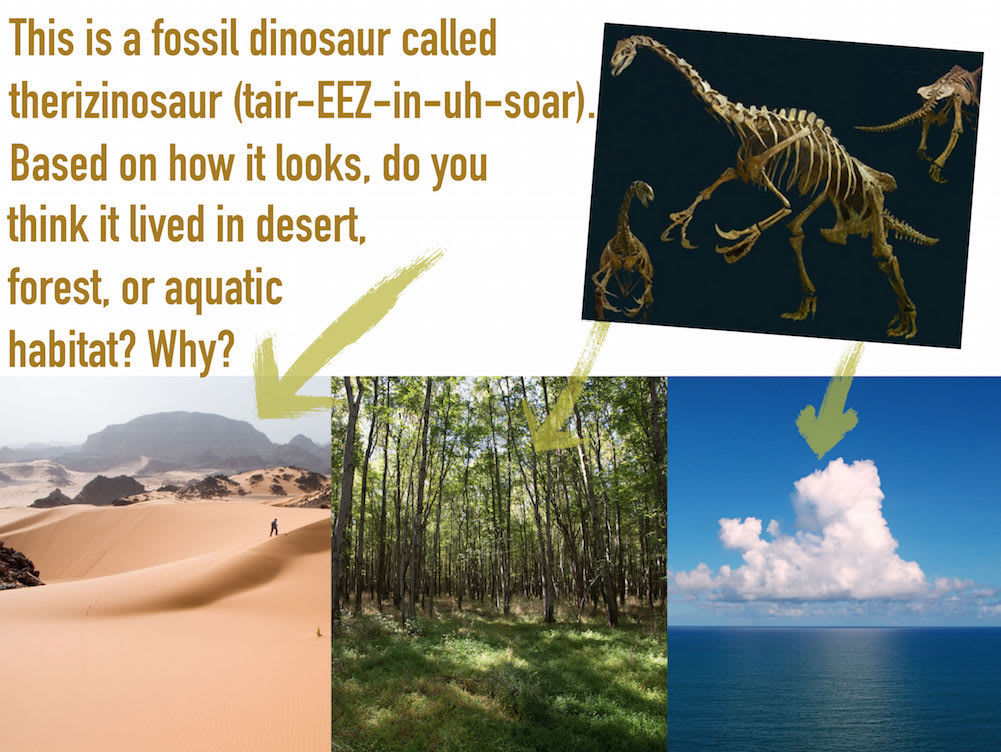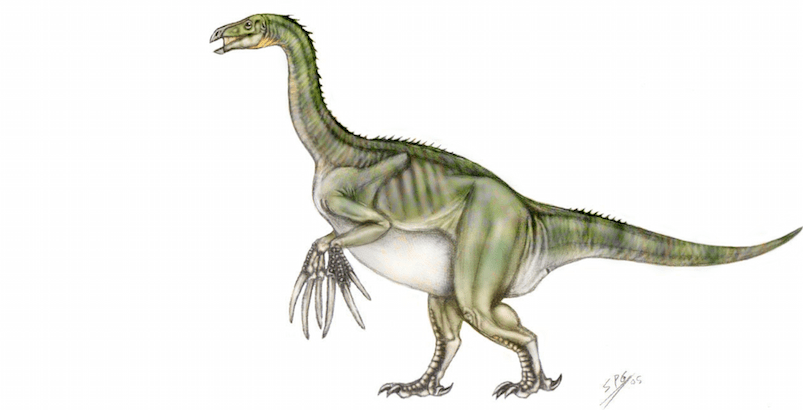Mystery Science respects the intellectual property rights of the owners of visual assets.
We make every effort to use images and videos under appropriate licenses from the owner or by
reaching out to the owner to get explicit permission. If you are the owner of a visual and
believe we are using it without permission, please
contact us—we will reply promptly and make
things right.
Exploration
Arizona today by
Tonda
Nebraska today by
Ken Lund
, used under CC BY-SA
meadow by
Daniel Case
, used under CC BY-SA
camel fossil by
Dave Christy
map by
Celestia
monkey skeleton by
Franzen JL, Gingerich PD, Habersetzer J, Hurum JH, von Koenigswald W, Smith BH
, used under CC BY
frozen wasteland by
Michael Studinger
, used under CC BY
grass by
Moyan Brenn
, used under CC BY
kids wating by car by
Tom Brandt
, used under CC BY
penguins by
Liam Quinn
, used under CC BY-SA
seal by
Liam Quinn
, used under CC BY-SA
cars driving at night by
Editor
, used under CC BY
fern fossil by
Howard Dickins
waves crashing by
Terri and Doyle Johnson
flotsam by
Erich Ferdinand
, used under CC BY
rain forest by
Tadd and Debbie Ottman
, used under CC BY
skate egg sacks by
Beth Roberts
, used under CC BY
shark egg by
Jac Stofberg
fishermen by
Harvey Barrison
, used under CC BY-SA
fish fossil by
Michael Popp
under water forest by
John Keahey
forest by
Elias Gayles
, used under CC BY
quarry by
Jake Slagle
grasslands by
Ruben Holthuijsen
, used under CC BY
jungle by
Karen Blaha
, used under CC BY-SA
ocean by
Tiago Fioreze
, used under CC BY-SA
walking in quarry by
Mike Everhart
, used under CC BY
fossils in rock by
Rich Tatum
, used under CC BY
hand by tooth fossil by
Eden Trenor
, used under CC BY-SA
shark by
Echo Romeo
fossil crab by
Rene Sylvestersen
, used under CC BY-SA
fossil starfish by
Herman Pijpers
beach by
Joey Gannon
, used under CC BY-SA
house on quarry by
Wisconsin Department of Natural Resources
, used under CC BY-ND
digging in quarry by
morebyless
, used under CC BY
